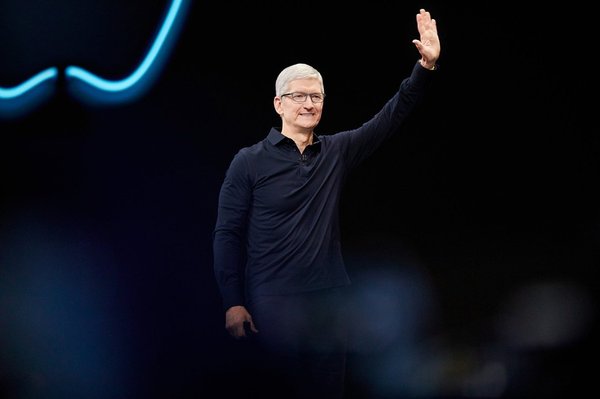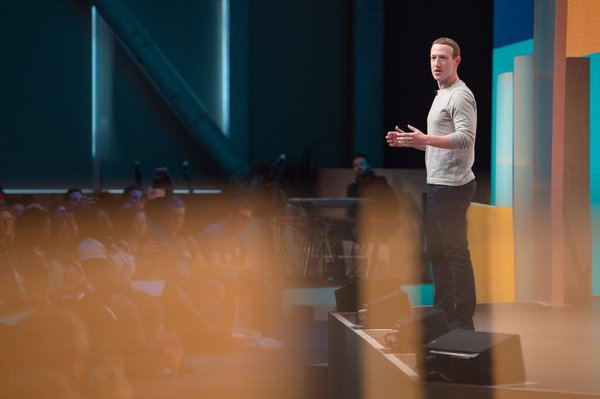The list of Black executives generating value for shareholders is growing across corporate America. However, the list of Black CEOs remains small. As of mid-2021, just four Black CEOs are heading up companies in the Fortune 500. Let's dive in and take a closer look at these leading Black American CEOs.
1. Marvin Ellison, Lowe's
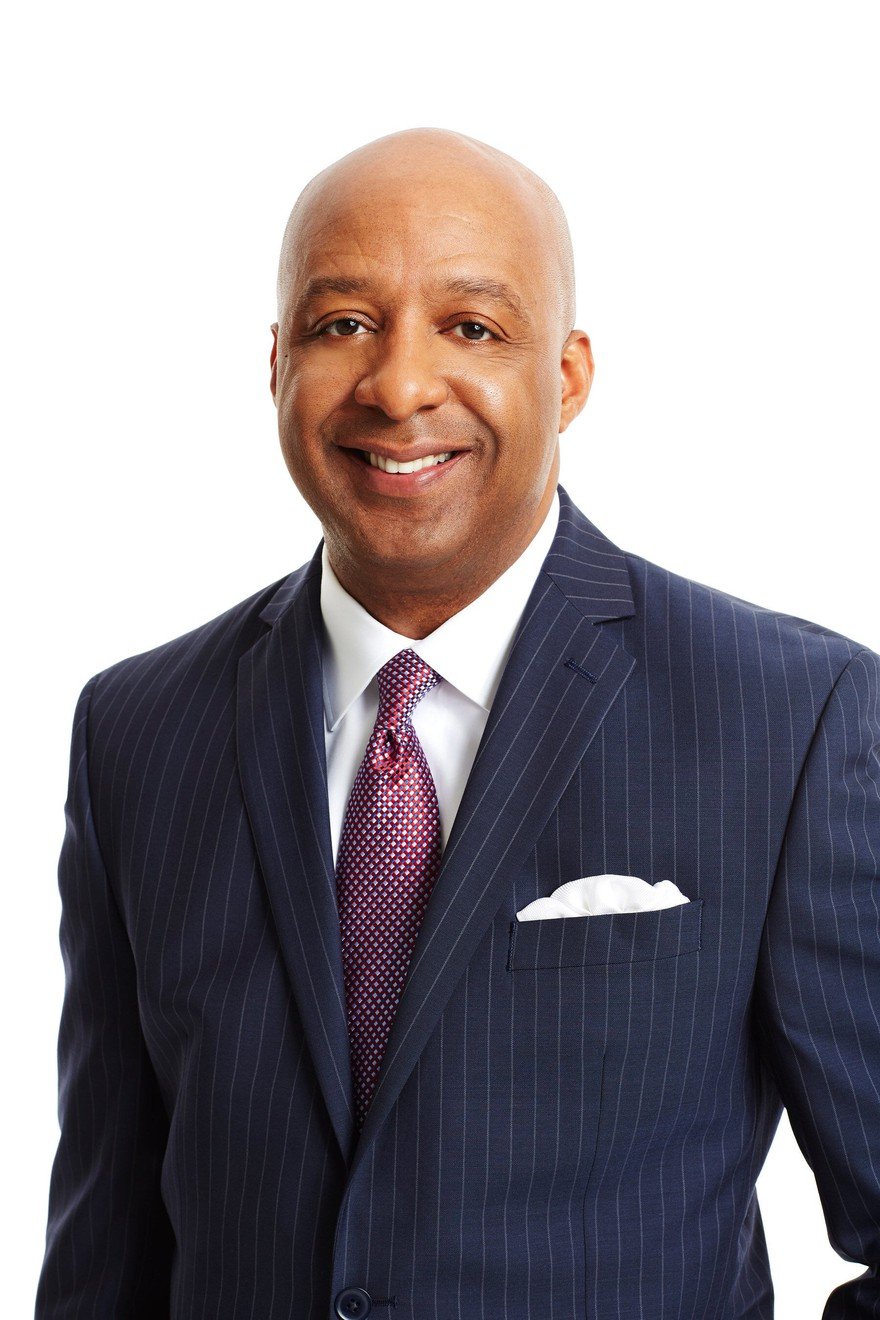
Lowe's (LOW -0.04%) needs to play catch-up with its key rival, Home Depot (HD 0.94%). Marvin Ellison, Lowe's CEO, is the right person for the job because he played a pivotal role in Home Depot's success in the first place. He spent 12 years in various senior-level roles at Home Depot and headed up the chain's U.S. stores from 2008 to 2014.
Home Depot outperformed Lowe's after the 2008-2009 financial crisis across several metrics, including EBITDA (earnings before interest, taxation, depreciation, and amortization) margin. Similarly, Lowe's trailed its rival in earnings generated from assets and took longer to sell its inventory.
Simply put, Home Depot made more money selling products more quickly than Lowe's. That comes down mainly to in-store performance — something Ellison oversaw during his tenure.
Ellison's plans involve capturing market share by reengaging professional customers, resetting Lowe's store's footprint, and expanding its online presence. A big part of his vision is expanding omnichannel sales (online customers often want to pick up deliveries in-store) and investing in increasing same-day and next-day delivery — a vital issue for professional customers.
Ellison's experience and previous commitment to improving Home Depot's customer-facing operations should stand him in good stead as he sets about improving Lowe's performance. If he does so, he'll surely go down as one of corporate America's most outstanding leaders.
2. Rosalind "Roz" Brewer, Walgreens
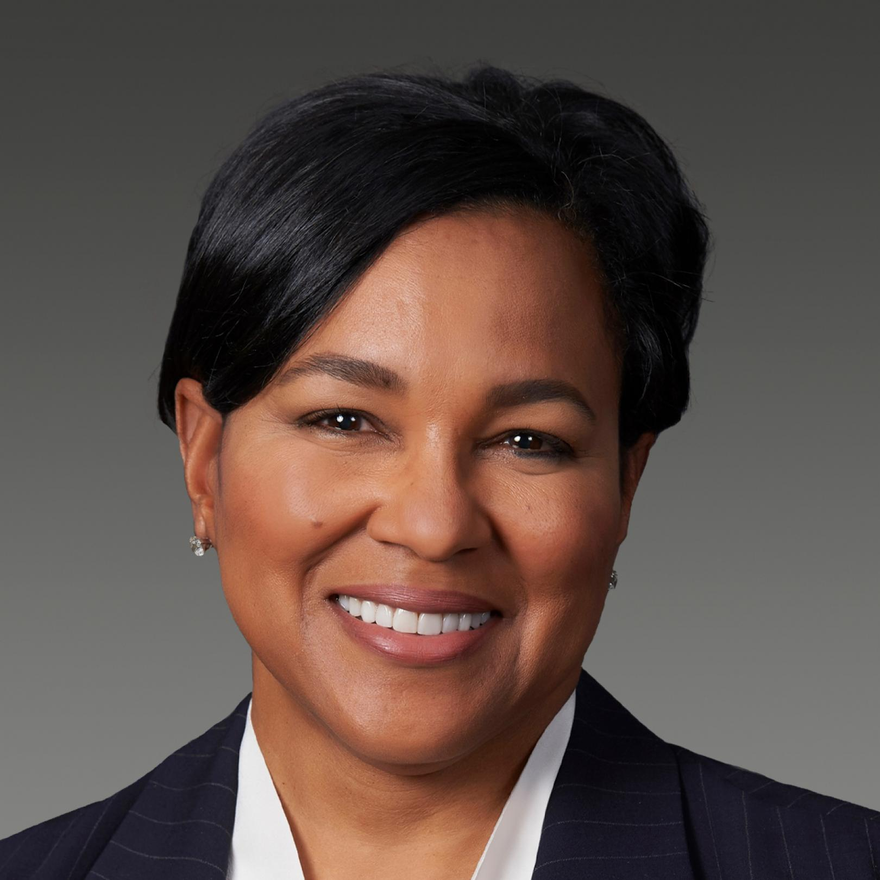
Rosalind "Roz" Brewer became the CEO of global retail pharmacy Walgreens Boots Alliance (WBA 0.57%) in March 2021 after a long-term career in consumer goods and retail companies. After serving as CEO of Walmart's (WMT -0.08%) Sam's Club and a 2017-2021 stint as the chief operating officer of Starbucks (SBUX 0.47%), Brewer stands well placed to execute Walgreens' plan to restructure its retail offering.
That's something investors should welcome because the company recently sold its Alliance Healthcare wholesale and distribution business to focus on expanding its core retail pharmacy business. With the emphasis firmly on retail, Brewer fits the profile of a leader capable of extracting value from the company's network.
Brewer is one of just two Black women CEOs in the Fortune 500. The other is Thasunda Brown Duckett of the Teachers, Insurance, and Annuity Association (TIAA), a nonprofit financial services company. She took over in May 2021 from Roger Ferguson, a highly accomplished African American business leader and a former Federal Reserve vice chairman.
3. Russell Stokes, GE Aviation Services
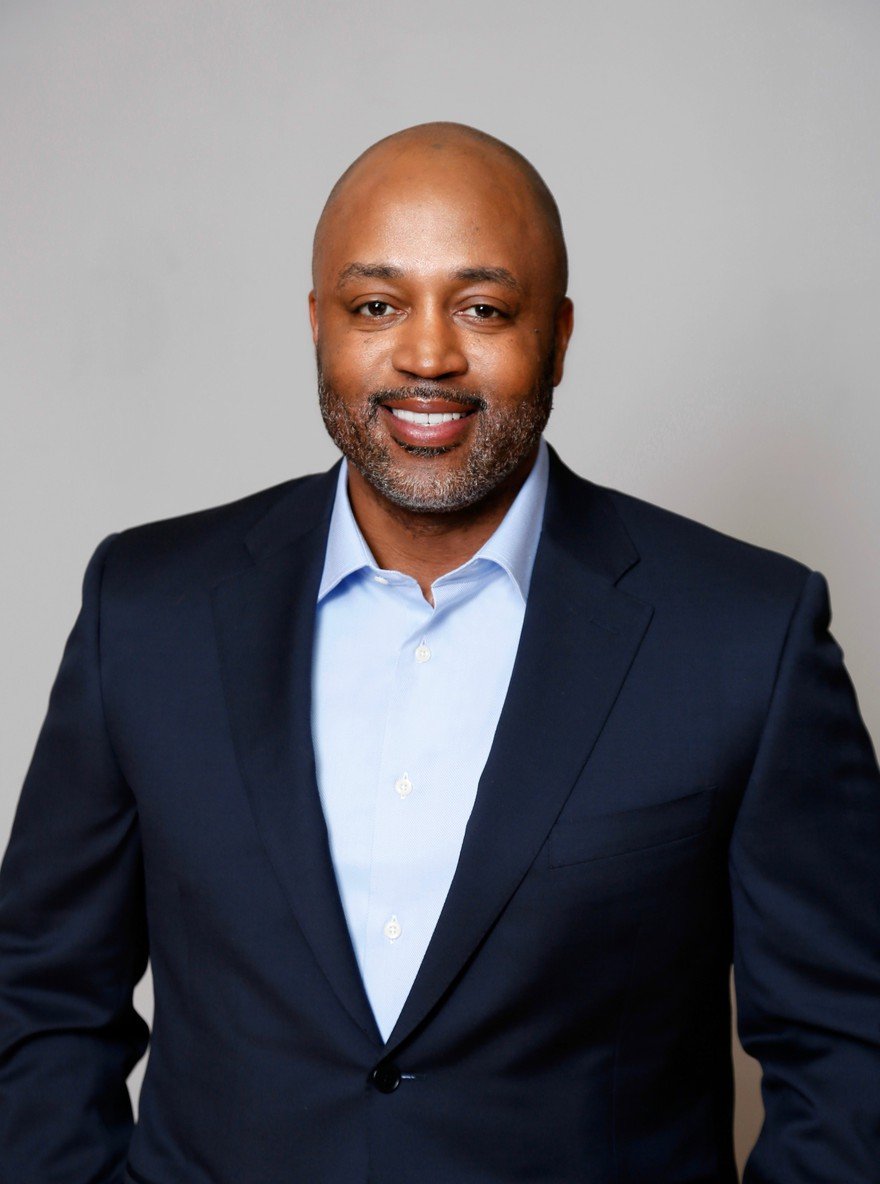
Russell Stokes is the CEO and president of General Electric (GE 0.68%) Aviation Services, arguably GE's most important business. Stokes is a 23-year GE veteran, having previously led GE Power, GE Power Portfolio, GE Energy Connections, and GE Transportation.
Stokes has been key to some of GE's most crucial initiatives. For example, before his appointment at GE Aviation Services in 2020, Stokes was involved in turning around the company's poorly performing power business.
As head of GE Aviation Services, Stokes will play a pivotal role in increasing earnings at GE. The aviation segment is the jewel in GE's crown, and aviation services is where it makes its money. GE Aviation and its joint ventures are responsible for the engines in more than two-thirds of the world's commercial flight departures.
Typically, engines require multiple shop visits over their lifetime. At the end of 2020, GE Aviation had a $219 billion backlog in commercial aviation services. If GE's turnaround plans are successful, Stokes will have played a leading role in making it happen.
4. Craig Arnold, Eaton
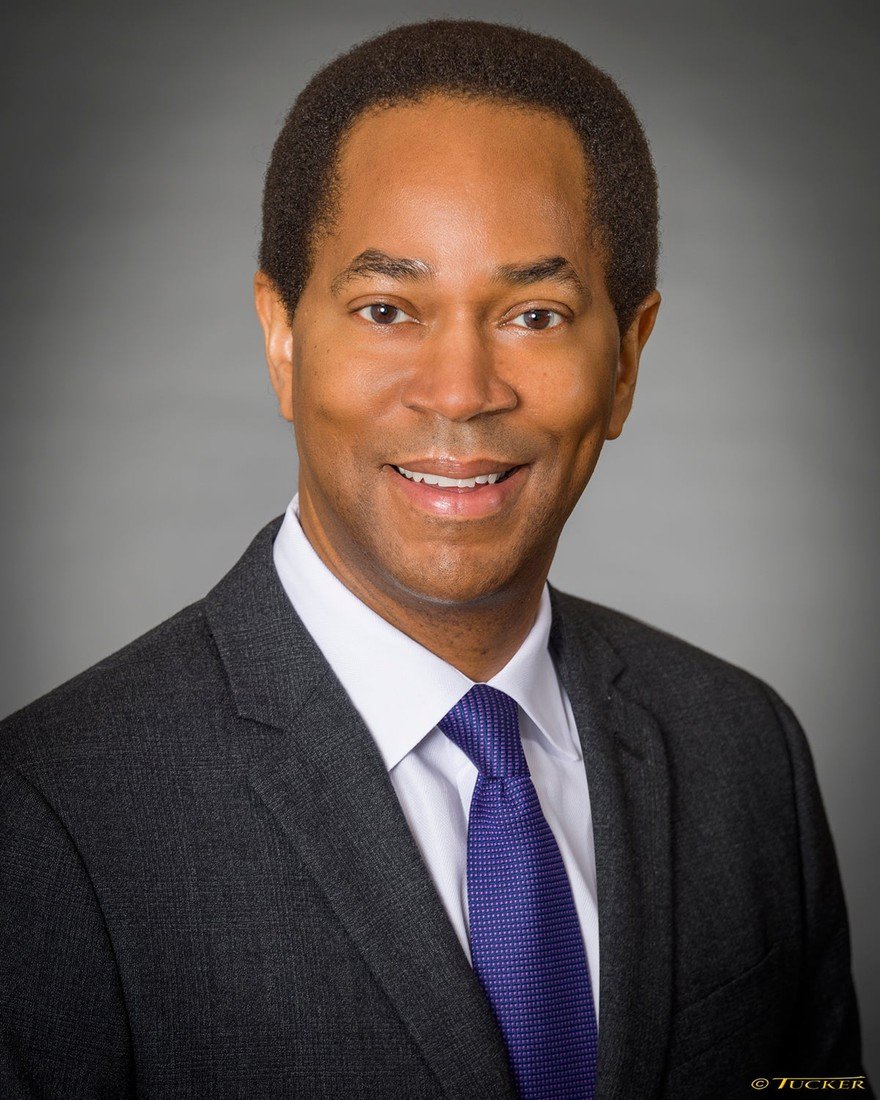
Eaton CEO Craig Arnold doesn't always get the attention he deserves. That's probably because the power management company isn't exactly a high-profile company among retail investors. But the industrial sector veteran — Arnold began his career at GE in 1983 — heads up a company in the throes of transformation.
After joining Eaton in 2000 as senior vice president of the fluid power group, Arnold rose through the ranks to become the chief operating officer of Eaton's industrial sector.
Since he was appointed CEO in 2016, Arnold has aggressively set about divesting non-core operations such as hydraulics, lighting, and automotive fluid conveyance businesses. Meanwhile, he invested $6 billion in acquiring companies exposed to the themes of electrification and aerospace.
Arnold sees the restructuring leading to an operating margin of 21% over the medium term, compared to 16.4% in 2020. Meanwhile, favorable end markets promise to boost Eaton's growth prospects in the coming years — for example, the trend toward electrification, renewables, and the smart grid. In addition, the digitalization of the economy is boosting the need for power management and electrical equipment solutions.
Meanwhile, Arnold expects to have $5 billion to $7 billion available for more acquisitions through 2025. In other words, he has the financial firepower to continue to restructure Eaton for growth.
Related investing topics
How these top Black CEOs are driving growth
The exciting thing about all four of these top CEOs is that they are all leading businesses facing challenges: Ellison by focusing on Lowe's margin and store performance, Brewer with her retail focus at Walgreens, Stokes by squeezing every ounce of profit out of the recovery at GE Aviation, and Arnold by executing Eaton's transformation plan.
They will play pivotal roles in their company's future while inspiring people along the way.









